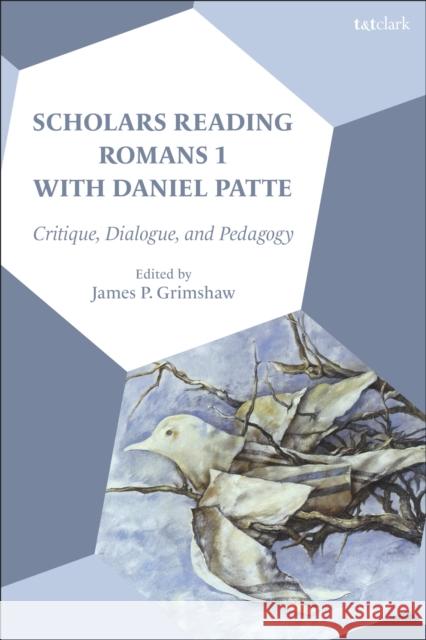Scholars Reading Romans 1 with Daniel Patte: Critique, Dialogue, and Pedagogy » książka
topmenu
Scholars Reading Romans 1 with Daniel Patte: Critique, Dialogue, and Pedagogy
ISBN-13: 9780567703989 / Angielski / Twarda / 2022 / 176 str.
Scholars Reading Romans 1 with Daniel Patte: Critique, Dialogue, and Pedagogy
ISBN-13: 9780567703989 / Angielski / Twarda / 2022 / 176 str.
cena 439,01
(netto: 418,10 VAT: 5%)
Najniższa cena z 30 dni: 435,41
(netto: 418,10 VAT: 5%)
Najniższa cena z 30 dni: 435,41
Termin realizacji zamówienia:
ok. 22 dni roboczych.
ok. 22 dni roboczych.
Darmowa dostawa!
Kategorie:
Kategorie BISAC:
Wydawca:
T&T Clark
Język:
Angielski
ISBN-13:
9780567703989
Rok wydania:
2022
Ilość stron:
176
Waga:
0.45 kg
Wymiary:
23.39 x 15.6 x 2.54
Oprawa:
Twarda
Wolumenów:
01
Dodatkowe informacje:
Bibliografia
Obwoluta
Obwoluta











